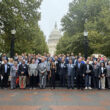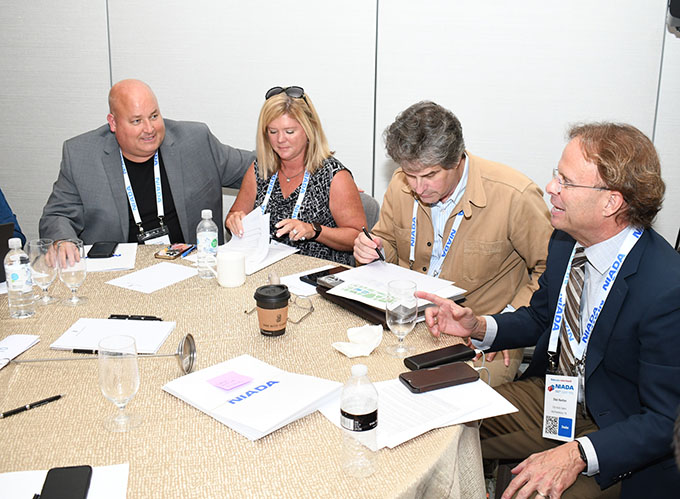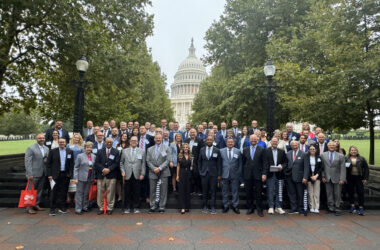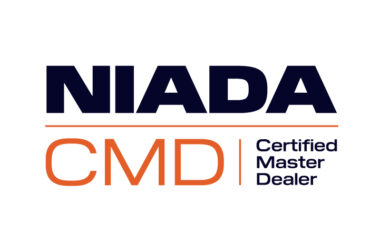Dealers will spend the final day of the NIADA Policy Conference today meeting with lawmakers on Capitol Hill, discussing the Federal Trade Commission’s Vehicle Shopping Rule, Right to Repair and legislation to prevent catalytic converter thefts.
Dealers will hold more than 100 meetings with members of the Senate and House of Representatives around lunch at the Library of Congress.
NIADA and dealers are asking Congress to stop the proposed Vehicle Shopping Rule, which would add costs, more paperwork and extend the sales process.
The sale of a vehicle is already heavily regulated, with the many required documents as part of the process. The FTC “Vehicle Shopping Rule” adds unnecessary costs, paperwork and time to the car-buying process. The Center for Automotive Research (CAR) found that the 10-year cost of the rule to consumers would exceed $38 billion and would add 2 hours per transaction. It also contradicts current laws.
A House Appropriations Committee has proposed legislation to stop the rule. Dealers are asking lawmakers to support the appropriations bill.
Eric Johnson, a partner at Hudson Cook, pointed out Tuesday during the Day on the Hill training for dealers the rule was issued with 49 questions by the FTC.
“It’s overkill and over disclosure,” Johnson said. “There’s so many questions, and it needs to be shelved.”
NIADA and dealers are pushing for lawmakers to support the “Preventing Auto Recycling Theft Act,” which would assist law enforcement in their efforts to combat catalytic converter theft by marking catalytic converters and creating a more transparent market that deters its theft.
The rise in catalytic converters thefts are costing businesses and individuals millions of dollars each year. The National Insurance Crime Bureau estimates that these thefts increased by 1,215 percent between 2019 and 2022.
The association also is urging Congress to move forward with the REPAIR Act, which would give vehicle owners and their designee access to diagnostics, repair, calibration and service for their vehicles to allow work to be completed by more repair providers, thereby reducing consumers’ costs.
The cost for consumers to repair their vehicles has grown by more than 66 percent since 2000, according to the U.S. Bureau of Labor Statistics. More competition is required to reduce consumers’ costs as provided by the REPAIR Act and SMART Act.
After the Day on the Hill, dealers will close the Policy Conference at the Ritz-Carlton Pentagon City with a debriefing reception.










